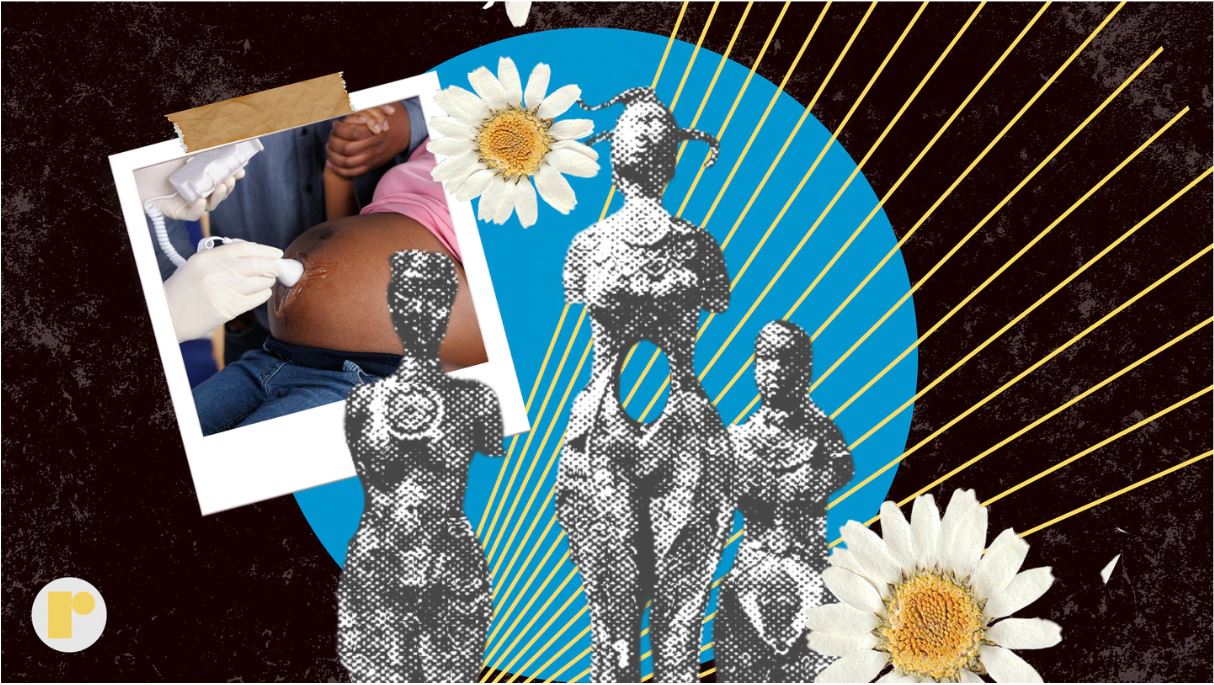In late summer, a small band of midwives gathered beneath Montgomery, Ala.’s towering Mothers of Gynecology monument and a sky that threatened rain.
The monument’s three sculpted metal figures, reaching 15 feet tall, honor Anarcha, Lucy and Betsey, enslaved women who underwent painful gynecological surgeries in the 1840s at the hands of a white Alabama doctor, without consent or anesthesia.
The midwives and their supporters who’d gathered there – most of them Black, some white – stood quietly in the monument’s courtyard, ignoring the first drops of rain and soaking in the history, about a mile from the Alabama State Capitol.
They’d just come from a packed public hearing downtown where nearly two dozen people spoke against proposed state regulations that, if enacted, would prevent most Alabama midwives from operating or even working in a freestanding birth center.
For these midwives, this is a new fight with a familiar opponent. The power to make the regulations rests with a state health board that is – by a Reconstruction-era law unique to Alabama – controlled by a private association of physicians. That association has historically and systematically opposed midwifery practice in Alabama.
The midwives’ speeches at the hearing marked the opening salvo in a battle brewing over reproductive choices in a state that continues to rank as one of the worst for having a baby: How birth centers should be safely run, and who gets to run them.
